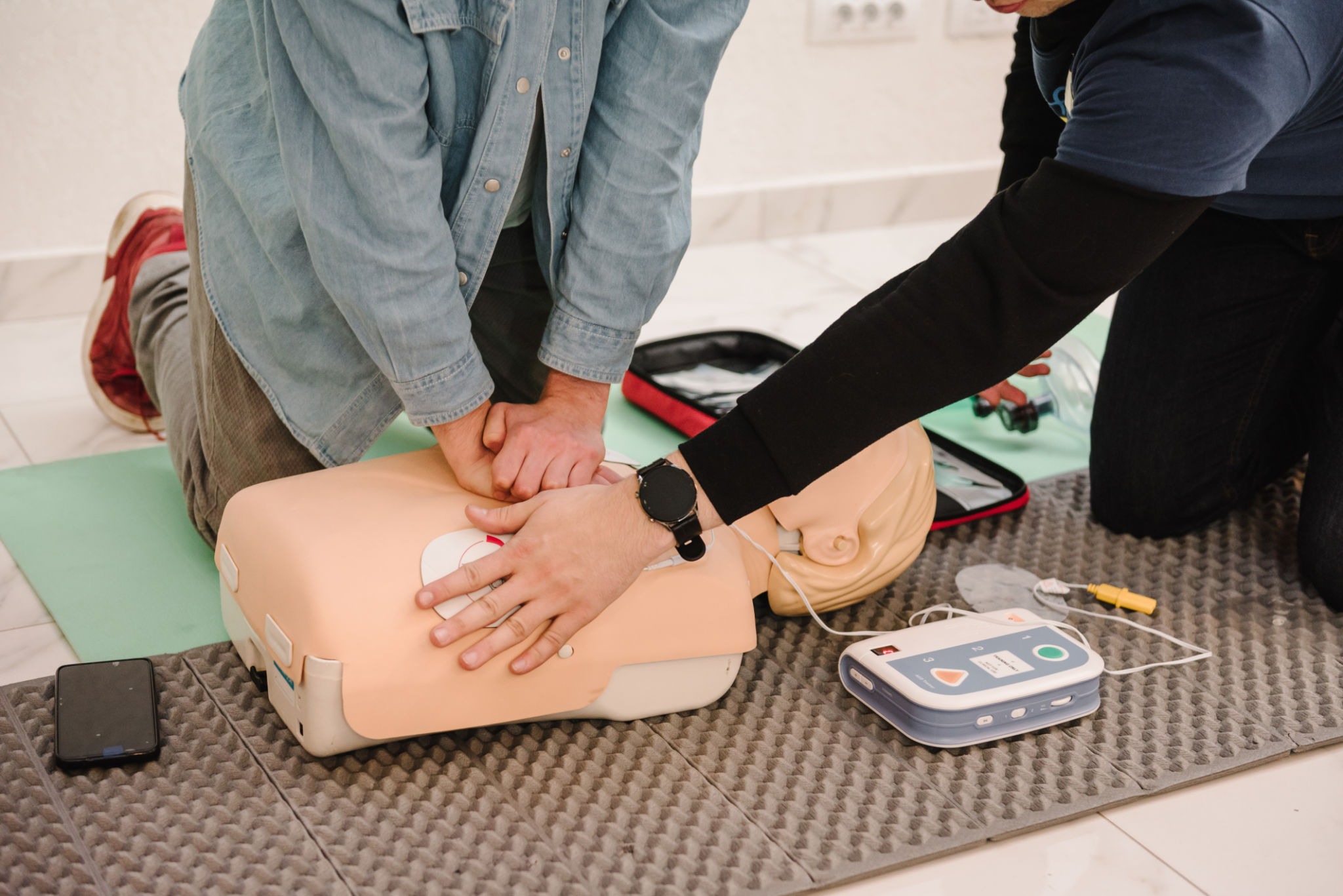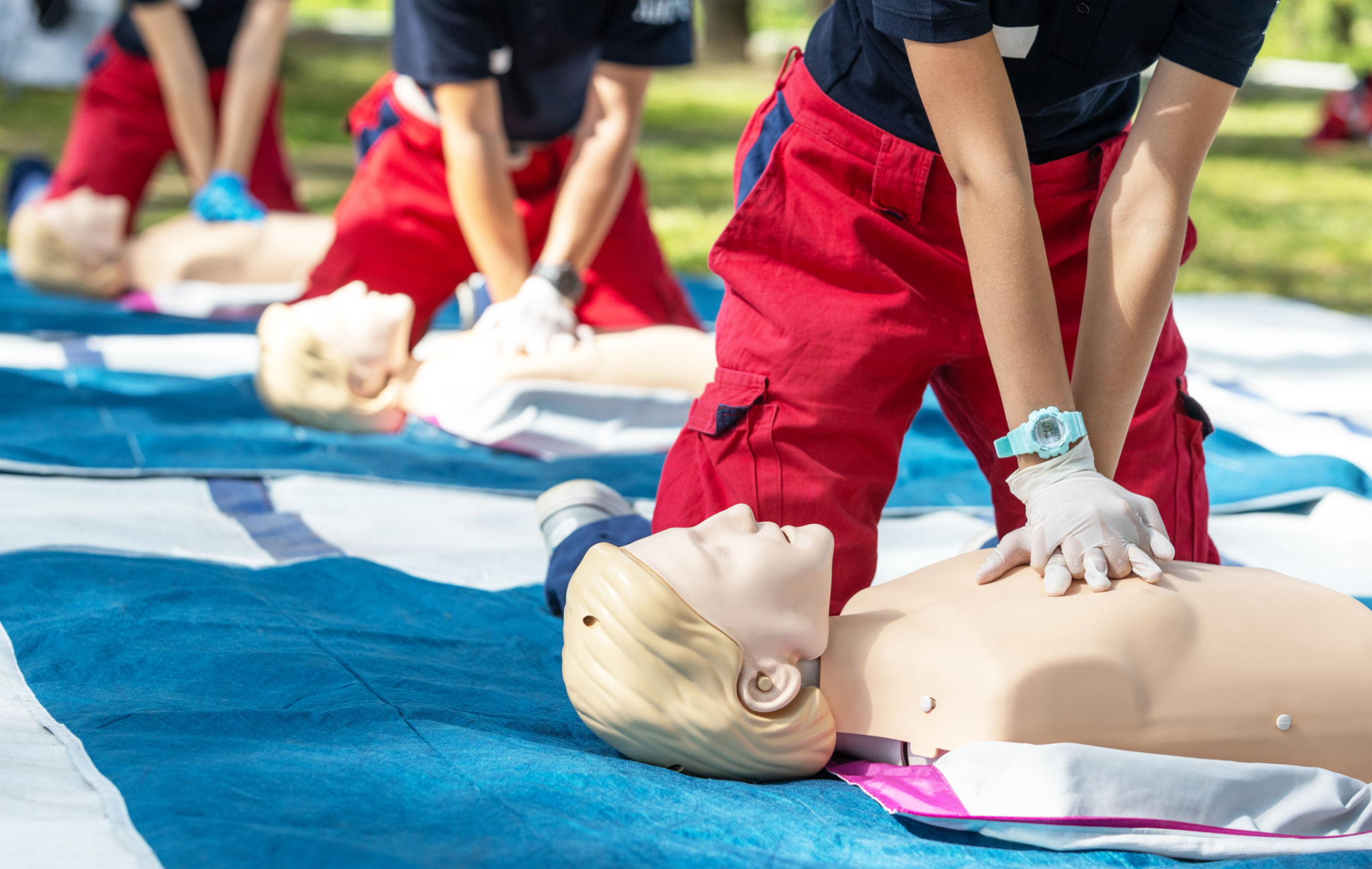The Ultimate Guide to CPR Certification in Kansas: What You Need to Know
Understanding CPR Certification
CPR, or Cardiopulmonary Resuscitation, is a life-saving technique used in emergencies when someone's breathing or heartbeat has stopped. Obtaining a CPR certification is not only beneficial for healthcare professionals but also for anyone wanting to be prepared in critical situations. In Kansas, various organizations offer comprehensive CPR certification courses tailored to different needs.

Where to Get CPR Certified in Kansas
There are numerous places where you can get CPR certified across Kansas. Some of the most recognized organizations include the American Red Cross, the American Heart Association, and local community colleges. Each of these organizations provides courses that cater to different skill levels, from beginners to those needing advanced medical training.
These courses are typically available in-person, online, or as a blended learning experience. It's important to choose the format that best suits your learning style and schedule. Kansas offers a variety of options to ensure that everyone can access CPR training conveniently.
What to Expect in a CPR Course
CPR certification courses generally cover the basics of administering chest compressions and rescue breaths. Hands-on practice is a crucial part of these courses, ensuring that participants gain confidence in their ability to perform CPR effectively. Most courses also teach how to use an Automated External Defibrillator (AED), which can significantly increase the chances of survival during cardiac arrest.

Upon completion, participants usually need to pass a practical skills test and a written exam to earn their certification. The certification is valid for two years, after which a recertification course is recommended to keep your skills sharp and up-to-date with the latest guidelines.
Who Should Get CPR Certified?
While CPR certification is essential for healthcare providers, it's also highly recommended for teachers, coaches, camp counselors, and parents. In fact, anyone who wants the peace of mind that comes with knowing they can potentially save a life should consider getting certified. Many workplaces in Kansas also require employees to be CPR certified as part of their health and safety protocols.

Benefits of Being CPR Certified
The primary benefit of CPR certification is the ability to provide immediate assistance during emergencies. This skill can make a significant difference before professional medical help arrives. Additionally, being certified can boost your confidence and preparedness in handling unexpected situations.
Moreover, having a CPR certification can enhance your resume, especially if you are in fields related to healthcare, education, or public safety. Employers value candidates who have life-saving skills, as it demonstrates responsibility and a commitment to the well-being of others.
How to Maintain Your Certification
To maintain your CPR certification in Kansas, you must complete a recertification course every two years. These courses are often shorter than the initial training and focus on refreshing your skills and knowledge. Staying updated with any changes in CPR guidelines is crucial to ensure you're prepared to perform CPR correctly.
Many organizations offer reminders or automatic enrollment options for recertification courses, making it easier for you to keep your certification current without additional hassle.